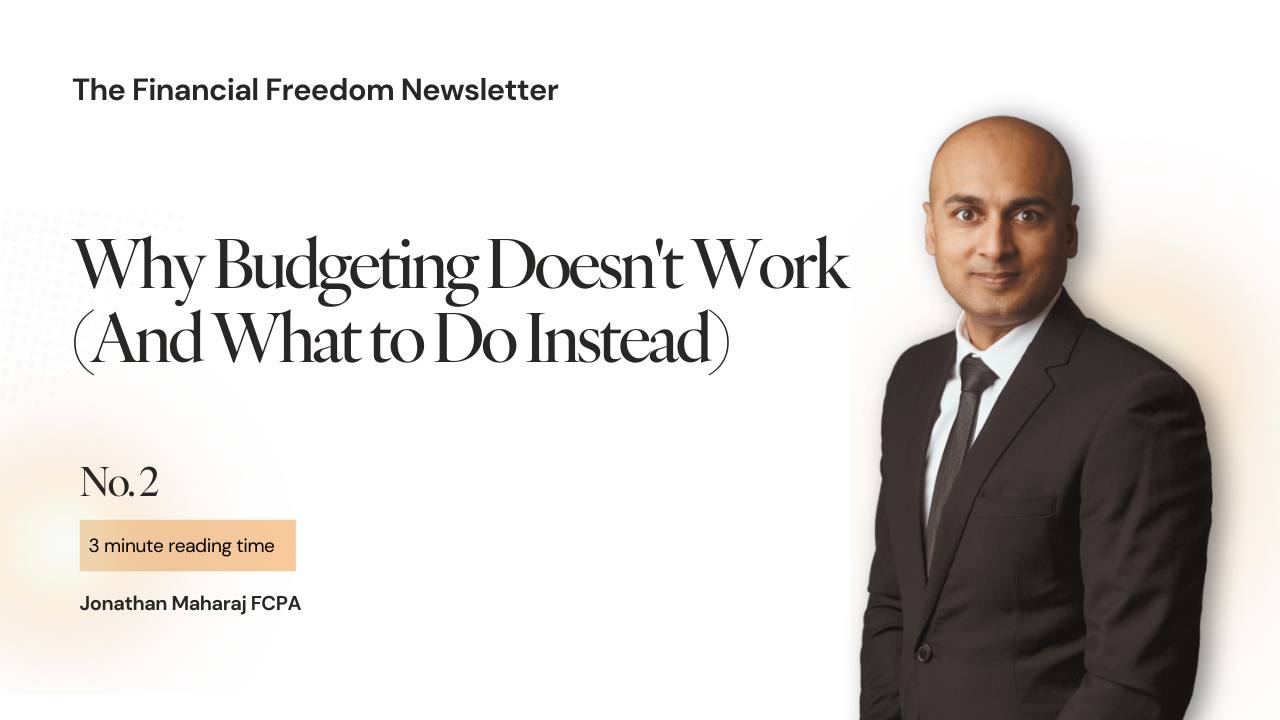1. The #1 Wealth-Killing Habit You Must Break Today
Most people assume that building wealth is about earning more money, but this is only part of the equation. In reality, many high earners remain broke because their spending habits scale with their income.
This phenomenon is called Lifestyle Inflation, and it’s the silent killer of financial freedom. It creates the illusion of success while preventing long-term wealth accumulation.
Research backs this up - studies show that as income increases, discretionary spending tends to rise in parallel, often leaving individuals with little to no improvement in actual financial security (Kuhn et al., 2018).
Today, we’ll explore why lifestyle inflation is dangerous; how it traps even high earners; and the steps to consciously break free from it.
The Lifestyle Inflation Trap
More income won’t make you rich if you spend it all. Imagine two professionals: Sarah and Mike.
- Sarah earns $70,000 a year. When she gets a raise to $100,000, she celebrates by upgrading her apartment, leasing a luxury car, and dining at premium restaurants. Her expenses rise with her income. Even though she earns more, she still feels financially stretched.
- Mike, who earns the same salary, takes a different approach when he gets a similar raise. Instead of spending more, he saves and invests 50% of the raise. He keeps his lifestyle steady and prioritises wealth-building over status symbols.
Five years later, Mike's savings of $75,000 have compounded to become a six-figure investment, while Sarah has nothing to show for it.
Why Is Lifestyle Inflation Dangerous?
Psychology helps explain why this happens.
- Hedonic Adaptation
Research from Kahneman & Deaton (2010) found that humans quickly adjust to financial upgrades, meaning new luxuries become "normal" over time. A raise feels exciting at first, but within months, the upgraded lifestyle no longer brings additional happiness, which leads to the urge for even more spending. - Social Comparison
A Stanford study showed that people’s spending is influenced more by peers than personal financial goals (Bertrand & Morse, 2016). When others upgrade their lifestyle, we feel pressured to do the same even if this puts us at financial risk. - The Illusion of Wealth
A high salary creates a false sense of financial security. Research from the National Bureau of Economic Research found that over 60% of high-income earners live paycheck to paycheck due to escalating expenses (Chetty et al., 2020).
The key takeaway?
Unless you actively resist lifestyle inflation, more money won’t improve your financial position.
Breaking Free from Lifestyle Inflation
There are four things you can do today to consciously avoid lifestyle inflation:
1. Pause before upgrading your lifestyle.
When you get a raise or bonus, delay major purchases for several months. This combats hedonic adaptation.
2. Save and invest first.
Instead of adjusting your spending, commit to saving a fixed percentage of every raise. For example, if your salary increases by 10%, invest 50% of the increase and deploy the other 50% for lifestyle upgrades.
3. Redefine wealth.
Wealth isn’t about what you buy - it’s about what you keep or own. Before making a financial decision, ask yourself whether that purchase increases your net worth or just your expenses?
4. Be intentional about social influence.
Unfollow "influencers" and talk to professionals. Avoid social circles that trigger unnecessary spending. Surround yourself with people who prioritise financial freedom over the vain display of material excess.
Key Takeaways
Breaking the cycle of lifestyle inflation isn’t about deprivation - it’s about designing a life where your money works for you.
Here's something to reflect on the week ahead: What’s one smart money move you’ve made after getting a raise?
That's all for this week.
See you next Friday.
- Jonathan M.
References:
Bertrand, M., & Morse, A. (2016). Trickle-Down Consumption. Stanford Graduate School of Business. Retrieved from: https://faculty.haas.berkeley.edu/morse/research/papers/BertrandMorse_trickle.pdf
Chetty, R., Friedman, J., & Stepner, M. (2020). How High Earners Spend: A Study on Consumption Behavior. National Bureau of Economic Research. Retrieved from: https://www.nber.org/system/files/working_papers/w27431/w27431.pdf
Kahneman, D., & Deaton, A. (2010). High Income Improves Evaluation of Life but Not Emotional Well-being. Proceedings of the National Academy of Sciences of the USA, 107(38), 16489-16493. Retrieved from: https://www.pnas.org/doi/full/10.1073/pnas.1011492107
Kuhn, P., Kooreman, P., Soetevent, A., & Kapteyn, A. (2018). The Random Walk of Income and Consumption. Journal of Economic Behavior & Organization, 148, 335-351. Retrieved from: https://www.aeaweb.org/articles?id=10.1257/aer.101.5.2226


